2019-03-25 09:29
Coordinated action to mitigate the effect of a hard Brexit around the port of Rotterdam
The Port of Rotterdam Authority, the Municipality of Rotterdam, the Municipality of Vlaardingen and highways authority Rijkswaterstaat, are creating five new buffer parking sites. Trucks will be able to wait here temporarily if their customs documents have not been properly prepared for maritime crossings to the United Kingdom (UK), in the event of the country leaving the European Union on 29 March 2019.
The aim of the coordinated action is to minimise any extra delay resulting from additional customs formalities at ferry and shortsea terminals and to ensure freight traffic to the UK runs as smoothly as possible.
After all, additional customs formalities are required for so-called third countries. Additionally, more intensive passport checks and inspections by the Netherlands Food and Consumer Product Safety Authority could mean longer processing times at terminals.
The temporary buffer parking sites are marked out on the map. In the unlikely event of this additional capacity being insufficient, the organisations have additional overflow areas in reserve. Moreover, Rijkswaterstaat has been discussing traffic control plans with all parties to make sure it flows efficiently. Of the approximately 54 million tonnes of freight that is traded annually between the UK and the Netherlands, around 40 million tonnes passes through the port of Rotterdam, and in particular via ferry and shortsea crossings.
As soon as Brexit is a fact, the Dutch sea ports will form an outer border between the EU and the UK and this will have major consequences, in particular for the processing of customs papers and passport control.
The aim of the coordinated action is to minimise any extra delay resulting from additional customs formalities at ferry and shortsea terminals and to ensure freight traffic to the UK runs as smoothly as possible.
After all, additional customs formalities are required for so-called third countries. Additionally, more intensive passport checks and inspections by the Netherlands Food and Consumer Product Safety Authority could mean longer processing times at terminals.
The temporary buffer parking sites are marked out on the map. In the unlikely event of this additional capacity being insufficient, the organisations have additional overflow areas in reserve. Moreover, Rijkswaterstaat has been discussing traffic control plans with all parties to make sure it flows efficiently. Of the approximately 54 million tonnes of freight that is traded annually between the UK and the Netherlands, around 40 million tonnes passes through the port of Rotterdam, and in particular via ferry and shortsea crossings.
As soon as Brexit is a fact, the Dutch sea ports will form an outer border between the EU and the UK and this will have major consequences, in particular for the processing of customs papers and passport control.
< Korea Shipping Gazette >
많이 본 기사
- ‘부산 환적·광양 수출입’ 컨물동량 1%대 성장한국해양교통안전공단 이사장 공개 모집“한국해운 80년 역사 담았다” 해운역사기념관 개관태웅로직스, 이천 풀필먼트센터 구축…이커머스 물류 진출부산항 컨테이너 물동량 2488만TEU…최대치 경신‘컨선·LNG운반선 덕’ 선박수출액 8년만에 300억弗 돌파국제물류협회, 마이스터고 대상 ‘영마이스터 물류캠프’ 운영해수부 신임 해사안전국장에 이수호 국장 임명기고/ 선박건조계약상 하자보증시 면책조항의 해석스위스 MSC, 부산-지중해 항로 개편…운송시간 단축
- 엑소텍, 프랑스서 물류 자동화 행사 ‘엑소서밋 2026’ 개최지난해 中-유럽 정기화물열차 317만TEU 운송…전년比 8%↑인천항만공사, 인공지능 기반 혁신 우수사례 발굴 주력싱가포르항공, 싱가포르-리야드 직항 노선 신설인사/ 국립목포해양대학교인사/ 해양수산부日 나고야항, 6년만에 260만TEU 달성MSC Highlights Expanded Intermodal Solutions Across Africa부산신항만, 에너지 취약계층 지원 성금 전달Hainan FTP's First Month of Island-Wide Special Customs Operations B...
스케줄 많이 검색한 항구






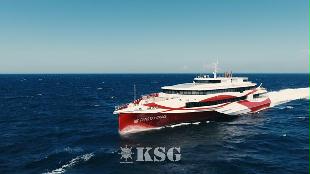
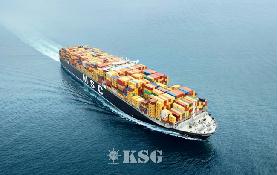
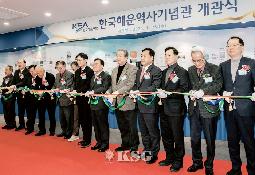
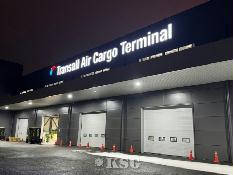
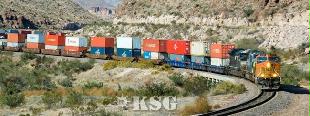
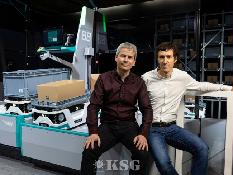

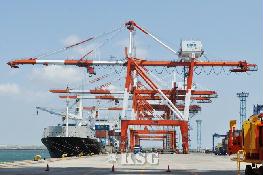

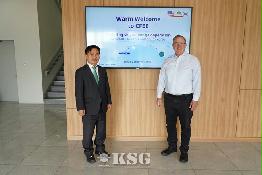
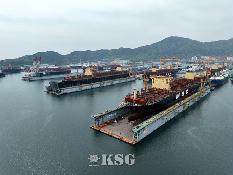
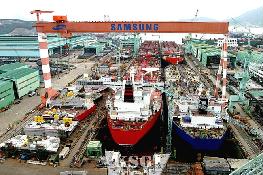
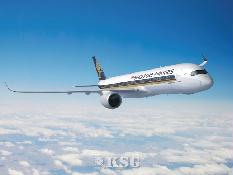
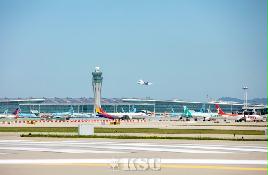
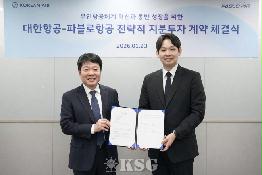
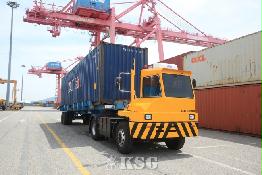


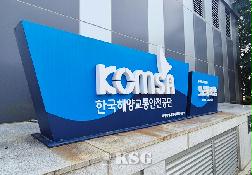

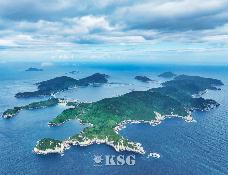

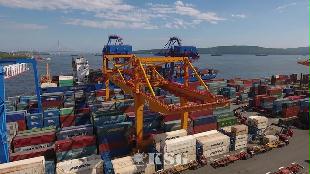
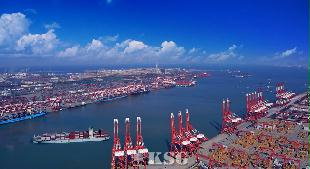
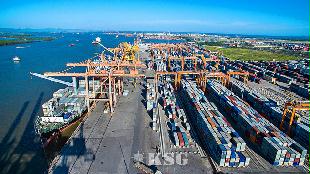
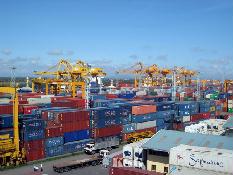





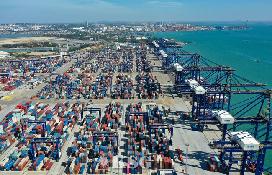

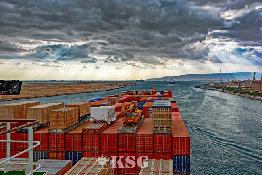
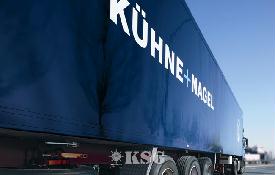






















0/250
확인